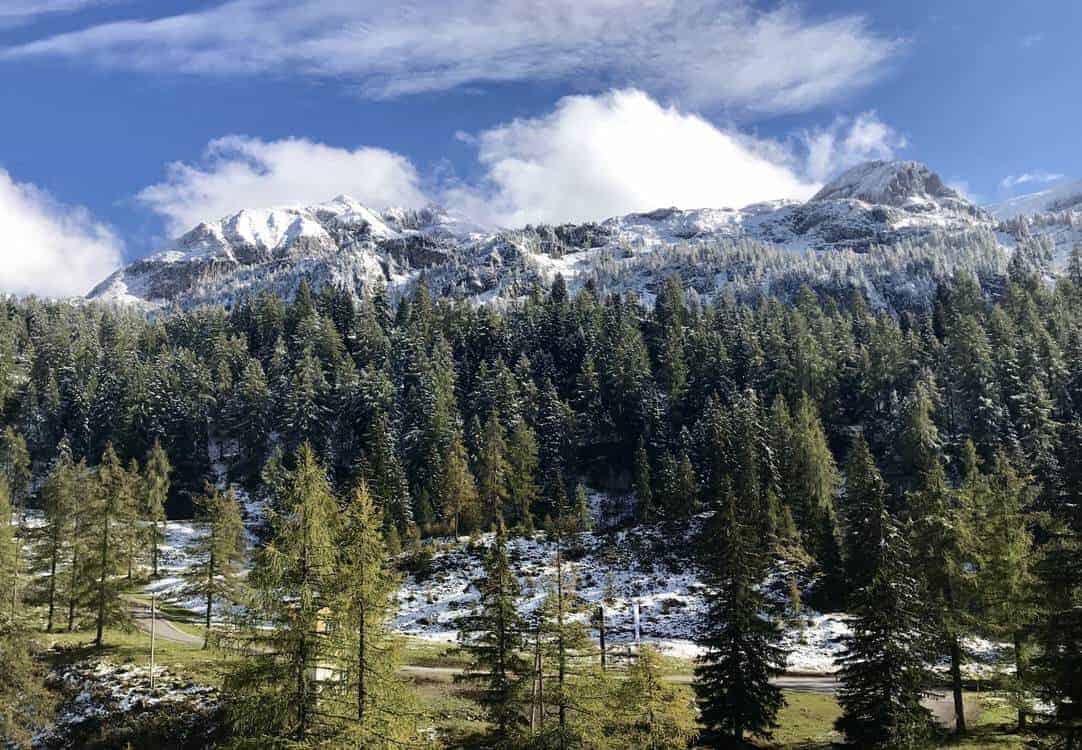European Alliance for Wolf Conservation
The European Alliance for Wolf Conservation held its annual meeting beginning of June in Helsinki. Several organizations from all over Europe including Spain, Sweden, Finland, France, Germany, Denmark, Slovenia , Belgium, Estonia, Portugal and Austria discussed Livestock Protection, the increase in derogation based killings of wolves all over Europe, exemplary educational programs, success in multistakeholder monitoring involving hunters and the latest steps the European Union is discussing to protect the wolves.
At the end of the two-day conference, the European Alliance for Wolf Conservation issued the Helsinki Manifest calling for increased Livestock protection, extra funding to support Livestock owners, and a European strategy for Wolf Stewardship that includes a clear definition of what constitutes a favourable conservation status and the minimum standards for livestock protection and preventive measures required to define the parameters of a European livestock damage compensations system.. The group also demands a praise definition of behaviour defines a bold wolf and what accepted reactions are permitted under the FFH directive.
EUROPEAN ALLIANCE FOR WOLF CONSERVATION
HELSINKI MANIFESTO TO IMPROVE THE ENFORCEMENT OF CURRENTEUROPEAN LEGISLATION FOR WOLF PROTECTION
Helsinki, 8th of June 2019: The European Alliance for Wolf Conservation (EAWC) is a Platform of NGOs from different European States, advocating on behalf of the civil society and the scientific community for a fact-based wolf conservation model, and a more rigorous enforcement of the European Environmental policy and legislation the national level and across Europe, demanding the strict protection of this species declared of “Community Interest”, in accordance with the EU Habitats Directive, and within the frame of the Bern Convention.
WHEREAS the wolf is a key species for maintaining the balance in ecosystems, and its slow but continuing recovery throughout Europe brings a new opportunity for this invaluable ally in the fight against global biodiversity loss and climate change, to help our continent heal its nature by means of a true ecological transition, in accordance with the UN Sustainable Development Goals.
WHEREAS international treaties and binding legislations such as the Bern Convention (1979, Annex II, Strictly protected species), EU Habitats Directive (92/43/CEE, Species of Community Interest), CITES (Appendix II, 04/02/1977), regulate the conservation of the wolf and state the clear obligation for member states to ensure that its populations reach a Favourable Conservation Status wherever the species is naturally occurring.
WHEREAS until now the most widespread method of management practiced in European Countries is the culling of individuals, which has proven not only to be counterproductive and scientifically unjustified, but to perpetuate an outdated cultural perception of the wolf as “vermin” and ”problem species” which prevents the citizens from realising the positive aspects of the wolf for nature and for the improvement of human life standards… The signing organizations, gathered in Helsinki on June 8th 2019, submit to the recently elected European Parliament and the Environment Commissioner the following 10 demands from the civil society and the scientific community, concerning the conservation of the wolf in our countries:
- States should enhance the implementation of livestock protection measures and fully assume their responsibility on the matter, demanding livestock breeders subject to EU’s C.A.P funds, to implement the most appropriate combination of protection measures meeting the sciencebased minimum standards.
- Compensation subsidies for livestock damages must be subordinated to the use of preventive measures. EU has recently encouraged member states to compensate for up to 100% of the cost, lost profit included, of protection against large carnivores through the “Amendment to the State aid Guidelines for the agricultural sector, to better address damages caused by wolves and other protected animals”, such as building predator-proof fences. So there is no excuse for paying such subsidies to breeders that deliberately refuse to comply with their obligation to protect their livestock.
- Lethal control practices such as culling and hunting of wolves must stop immediately, because they disrupt family structure and other aspects of their natural behaviour, increasethe attacks on livestock, and prevent wolves from performing their function as apex predators, that contribute to the ecological balance through trophic cascade effects. The social unit of the wolf, the family, must be preserved, without human interference, in order to be functional and consequently enable the species to achieve a true Favourable Conservation Status. Also, member states need to fight more actively against poaching and other causes of non-natural wolf mortality.
- An in-depth ongoing study of genetic variability in the European wolf populations is necessary in order to provide a clear definition of the species’ Conservation Status, that is scientifically credible, legally valid, and politically acceptable. Populations with low genetic variability are especially vulnerable regardless of population figures, which are often inflated in official counts.
- Natural dispersion of wild wolves among neighbouring territories and countries must be facilitated and not obstructed, being of utmost importance for the ecosystems, and crucial for the genetic viability of the species in the long term. Such natural movements should never be hindered with the establishment of “Wolf Free Zones”, an arbitrary concept, that implies local extermination of the species and is thus against the spirit of European regulations.
- More effective methods for identification need to be developed and put in place as a way to verify if an attack was really caused by wolves. Currently, in many rural areas where domestic dogs are at large, attacks are routinely attributed to the wolf, without scientific proof. This practice has the detrimental effect of inflating wolf predation statistics, and perpetuating the negative image of the wolf.
- European, national and regional authorities must stop using derogations as a solution for perceived wolf-human conflict. A lax use of derogations sends the wrong message to the public, so that the perception of “problem animals” is replaced by the perception of a “problem species”, thus betraying the whole purpose of the concept of derogation.
- The Administrations must provide clear and accurate information about the status of the wolves, the ways they are managed, and their positive role in the ecosystem. The expectation, that officially sanctioned killing of wolves would improve their social acceptance has been proven wrong, and it is now evident, that the proper way for governments to foster a positive perception of the wolf, is to treat it and refer to it as an asset, not a nuisance. Informing the public about large carnivores must be a joint task and responsibility of governments and NGOs. Unjustified and unreasonable fear of wolves will only be reduced by foresight of long-term, educational work.
- Administrations must make sure that hunters take responsibility for the control of their hunting dogs as any other dog owner. Uncontrolled dogs should not be allowed in areas known to be inhabited by wolves and other protected large carnivores.
- EU authorities need to define an European level strategy for Wolf Stewardship that includes a clearer definition of key concepts, such as the following: What is the Favourable Conservation Status; what are the minimum standards for livestock protection and preventive measures; what is a bold wolf; what is the appropriate livestock damage compensations system.









